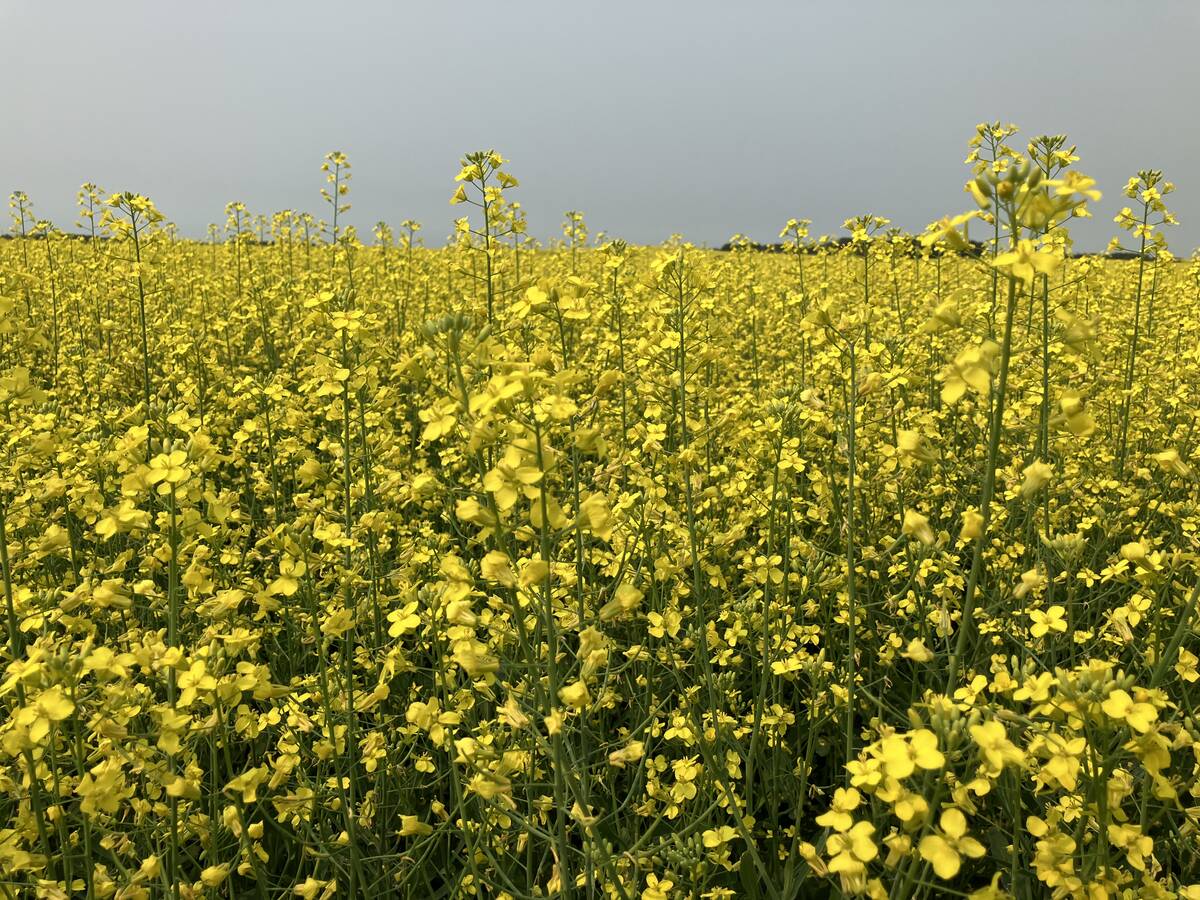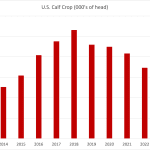Western Producer reporter Ed White visited Brazil to explore agricultural development and opportunities for Canadians brought about by Brazil’s rise to prominence as an agricultural powerhouse.
TOLEDO, Brazil – COAMO is a big, sprawling co-operative that makes the mandates of prairie Canadian co-ops look skimpy and constrained.
COAMO, or the Cooperativa Agropecuaria Mouraoense, is a southern Brazilian farmers’ co-op that stores and ships grain, sells farm inputs, lends farmers construction and operating money and processes farm commodities like soybeans into retail products. In those roles it is like Federated Co-operatives Ltd., Saskatchewan Wheat Pool and Credit Union Central all rolled into one.
Read Also

Canola used in only quarter of Canadian biofuel
Less than one-quarter of the biodiesel and renewable diesel used in Canada in 2024 was made from canola oil feedstock
But it also offers social programs, such as a medical plan for farm families, runs experimental farms to educate farmers and offers agriculture courses to young people.
Its most popular role is as host of the COAMO Cooperated Cup, the biggest soccer tournament in rural Brazil – a soccer-obsessed country – which involves 500 teams and 20,000 people.
Its gross revenues in 2002 were $620 million US, far below that of major Canadian co-ops, but its membership of 17,000 farmers, its work force of 3,300 employees and its network of 80 farm supply and support centres makes it a large presence in the state of Parana.
And its membership is growing, which Toledo area manager Zanoni Camargo Buzzi credits to the attraction of small farmers for the co-operative ethic.
“You can have one hectare or 1,000 hectares and you will be treated the same,” Buzzi said.
Multinational companies such as Bunge and Cargill have begun building major facilities in Brazil’s expanding agricultural areas, but Buzzi said small farmers are suspicious of the big companies.
They are apprehensive about signing contracts with big companies because they fear they will lose their freedom. Buzzi said they trust the co-op because they can control it.
With government support subsidizing the co-op’s loan rates, small farmers find they can borrow money to pay for inputs without having to tie themselves to big companies.
“We have the lowest (interest rates) in agriculture,” said Buzzi.
In his area, about 40 percent of the agricultural production flows through the co-op. COAMO handles about 17 percent of the total farm production of the state of Parana and about 3.3 percent of Brazil’s total production of grains and fibres, even though it is only operating in two states.
Jose Augusto de Souza, the region’s agriculture minister, said local farmers are counting on the co-op to keep them competitive with big farmers and big companies. Most farmers could not enlarge, expand or improve their farms without COAMO, so the educational function of the co-op is vital to its and its members’ chances for survival.
“Most farmers have never been to high school,” said de Souza.
“The co-operative does this for them.”
The co-op’s research and social programs are paid for by a one percent levy on sales of farm products through the organization.
Much of its research money goes to COODETEC, a research and development umbrella organization for most of the farmer co-ops in Brazil. The 37 co-ops with 132,000 members that support it get crop development of wheat, corn, cotton and soybeans, with exclusive access to some of the varieties produced.
Right now, COODETEC is hoping the Brazilian government will approve genetically modified soybeans, because the organization is ready with four Roundup Ready varieties it has developed with Monsanto as a partner.
Ivo Marcos Carraro, the head of COODETEC’s main variety development farm and laboratories in Cascavel, said small farmers have not been alienated by the GM revolution and the Brazilian version of plant breeders’ rights because they know they will be the first to be able to take advantage of any approvals.
“It’s constant contact with the farmers, constant contact with the people,” said Carraro.
“For the 132,000 farmers who participate, they are the owners.”
Carraro said small farmers in Brazil have placed their hopes of surviving with their co-ops.
“The co-operative system is very important for little farmers,” said Carraro.

















